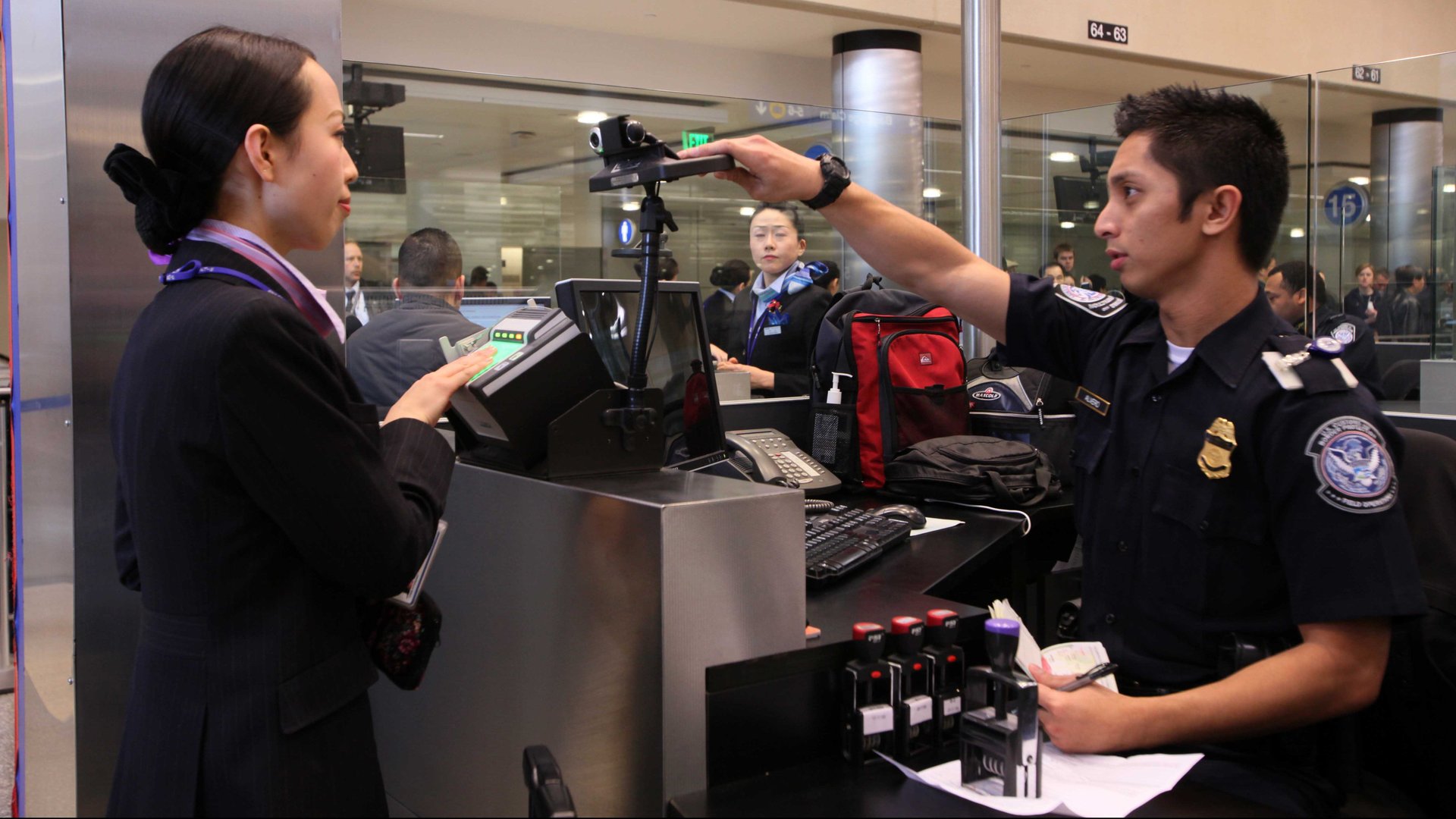US border agents now need a good reason to search travelers’ devices
Foreign travelers to the US, whether visiting for pleasure or business, must prepare themselves for the risk of a range of humiliations and inconveniences at the border.


Foreign travelers to the US, whether visiting for pleasure or business, must prepare themselves for the risk of a range of humiliations and inconveniences at the border.
You may be shut in a room, asked invasive questions by a stranger, or held up for hours at a time for no particular reason. That goes double if you’re a person of color, of course. On one memorable occasion, I was quizzed by a border security agent on the historic origins of my very particular visa type. (He insisted that the visa, initiated in 1997, had been invented “for Albert Einstein,” and was angry that I did not have this knowledge on hand.)
The hostile spirit with which the US can greet visitors at the door isn’t going anywhere. But at least one feature of it is: As of yesterday, border agents can no longer perform willy-nilly searches of travelers’ laptops, tablets, smartphones, or other devices, according to a federal judge ruling. The ruling does not apply if border agents suspect the traveler of a crime, and there is “probable cause” that the device contains “evidence of contraband,” the same standard applied for police search warrants.
The 48-page decision, delivered by US district judge Denise Casper, is the result of a lawsuit brought by the American Civil Liberties Union (ACLU). Officers reportedly performed “warrantless, suspicionless” searches on more than half a dozen plaintiffs working with the ACLU, including extracting and holding data for weeks at a time, and seizing devices which held “attorney-client communications, pictures of some Plaintiffs without their required religious attire, information related to Plaintiffs’ journalism work, and social media postings.”
In her decision, Casper cited the Fourth Amendment, which gives people the right not to be searched without a warrant or “probable cause,” and found that device searches transcend the ordinary acceptable incursions on privacy: “Even under the border search exception, it is the privacy interests implicated by unfettered access to such a trove of personal information that must be balanced against the promotion of paramount governmental interests at the border.”
Though travelers may have one fewer thing to worry about, border agents still have plenty of other tools at their disposal to interrogate, intimidate, or investigate. “Routine” search tools, such as document inspections, pat-down searches, and opening and examining checked luggage will continue as normal.